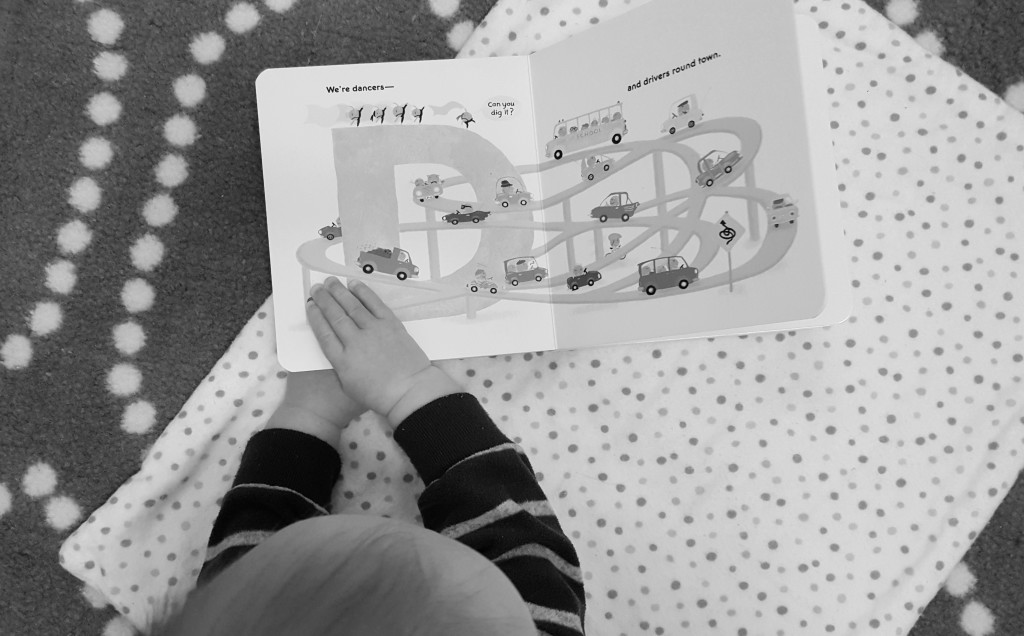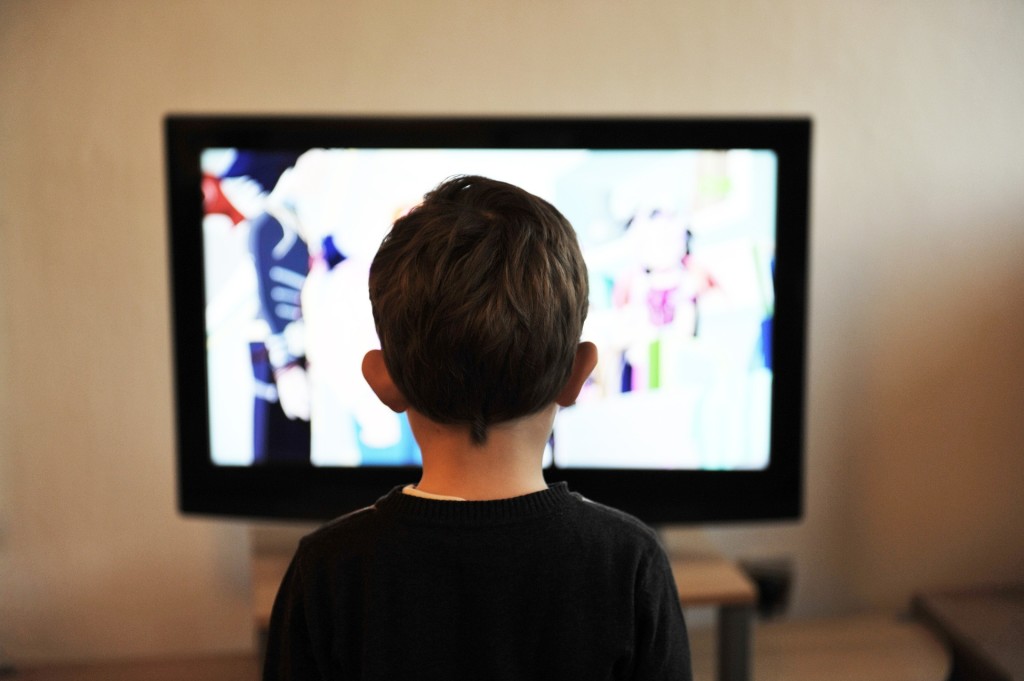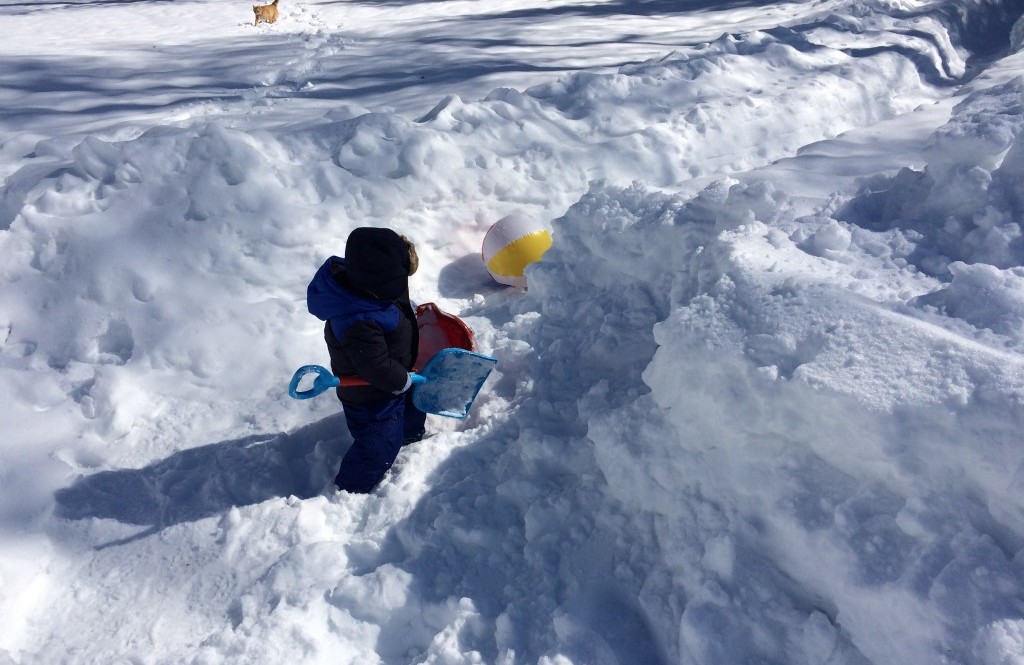The difficulty kids have with transitions can be incredibly challenging to deal with, not to mention totally exhausting. You’ve tried it all, and it’s not getting easier! Why can’t they just put on their shoes?!
However, there are some lesser known, more subtle, tried-and-true methods that help kids navigate through transitions more easily.
Let go
Kids like control too. Giving them choices that are all acceptable to you will make them more likely to transition smoothly. “Do you want to put on your shoes now or in five minutes?” You’d be amazed at how many kids are more likely to complete directives when they think it was their idea.
Prepare
Many kids struggle with transitions because they feel they haven’t had enough time to mentally prepare to shift activities, so make sure to give them plenty of “heads up” time. You can even ask your child how many minutes before the transition they would like to be notified. Have them check the clock themselves so they can see the concrete time; that way they can keep track and they can’t argue about whether the time has actually passed.
Visualize
Visualization has long been proven to improve performance. Reviewing new scenarios with your child several times in advance will help them imagine what their environment will look like and what activities will be included in their day. If you’re able to visit a new environment ahead of time, that’s even better.
Expectations
Helping your child develop appropriate expectations for transitions and new environments is key. So, if your child isn’t expecting to miss you when they start a new preschool, they will be more likely to have a difficult time separating and participating when they do start to feel that way. Talking to them about potential feelings as well as ways to manage these emotions will help make the transition smoother.
Take their perspective
Behavior always serves a function. Stopping to think about why your child is having a hard time may give way to very important information. Asking them is even better! It may be that they’re not just being difficult because they’d rather stay home and play than go to school, but instead, they may be worried that their teacher doesn’t like them, that they won’t like their lunch, or that they won’t understand the lesson. Once you do a little digging to the root of the cause, it will be a lot easier to develop solutions and improve transition times.
Having these strategies in your back pocket will help make life smoother and easier in your household. You might even look forward to Mondays!



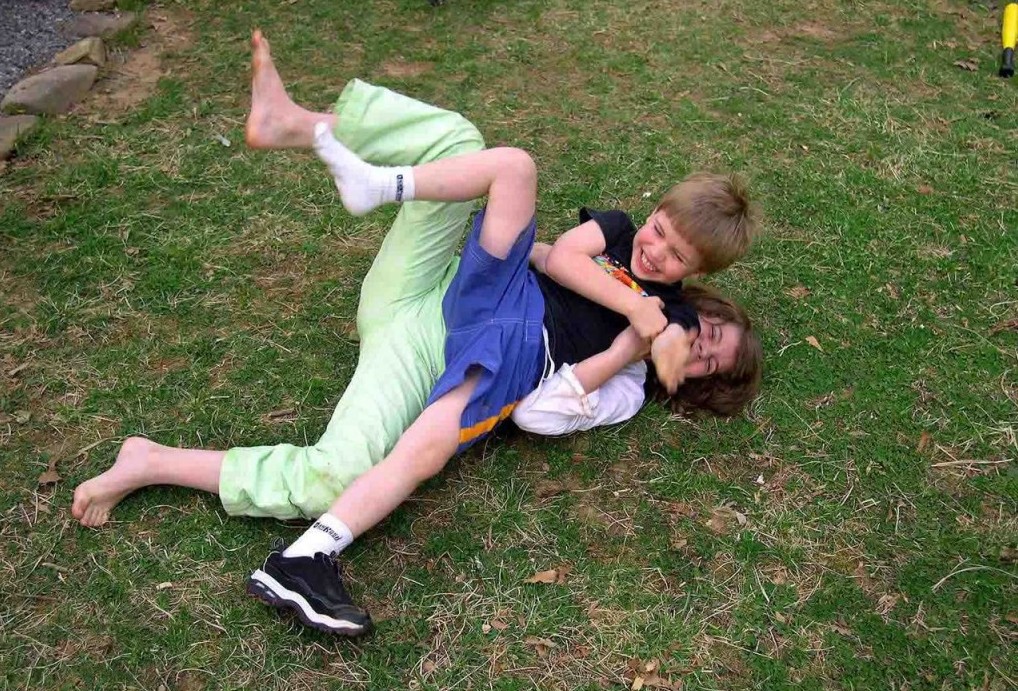









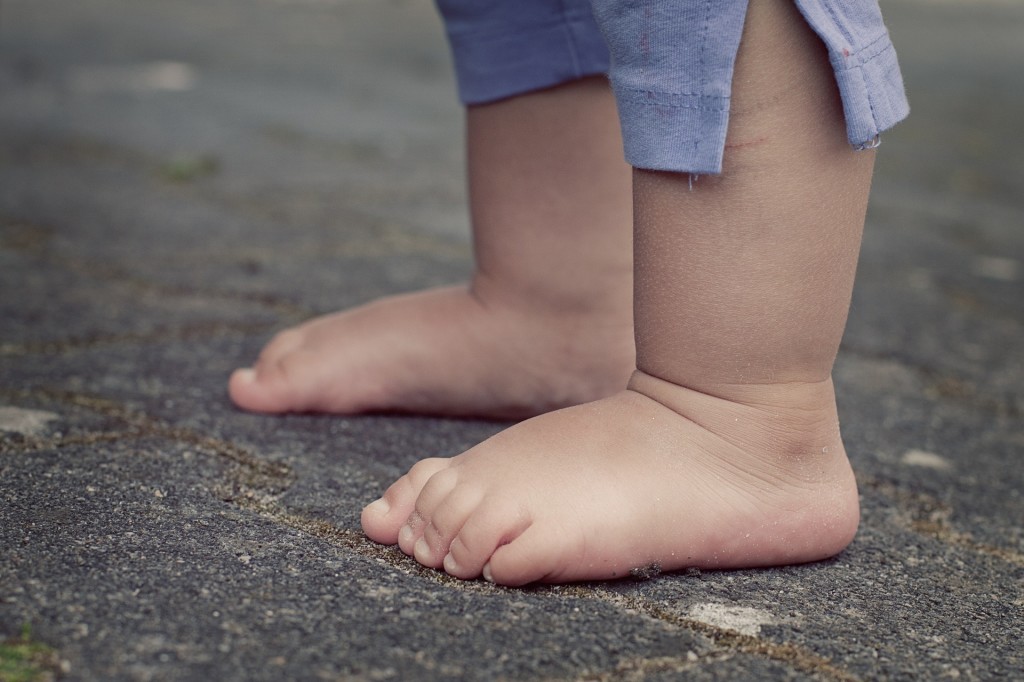

 We all do it. We read the books and watch our friends and somehow unintentionally internalize everything the internet has to say on everything you should/shouldn’t do as a parent (so that it sits there on our shoulder, passing comment on every tiny choice we make) and we decide who we are going to be. How we are going to parent. What we are definitely and definitely not going to do. We hold these tiny snorting babies close to us and we make promises. To them, to ourselves, to the internet. Oh, how little we know.
We all do it. We read the books and watch our friends and somehow unintentionally internalize everything the internet has to say on everything you should/shouldn’t do as a parent (so that it sits there on our shoulder, passing comment on every tiny choice we make) and we decide who we are going to be. How we are going to parent. What we are definitely and definitely not going to do. We hold these tiny snorting babies close to us and we make promises. To them, to ourselves, to the internet. Oh, how little we know.

